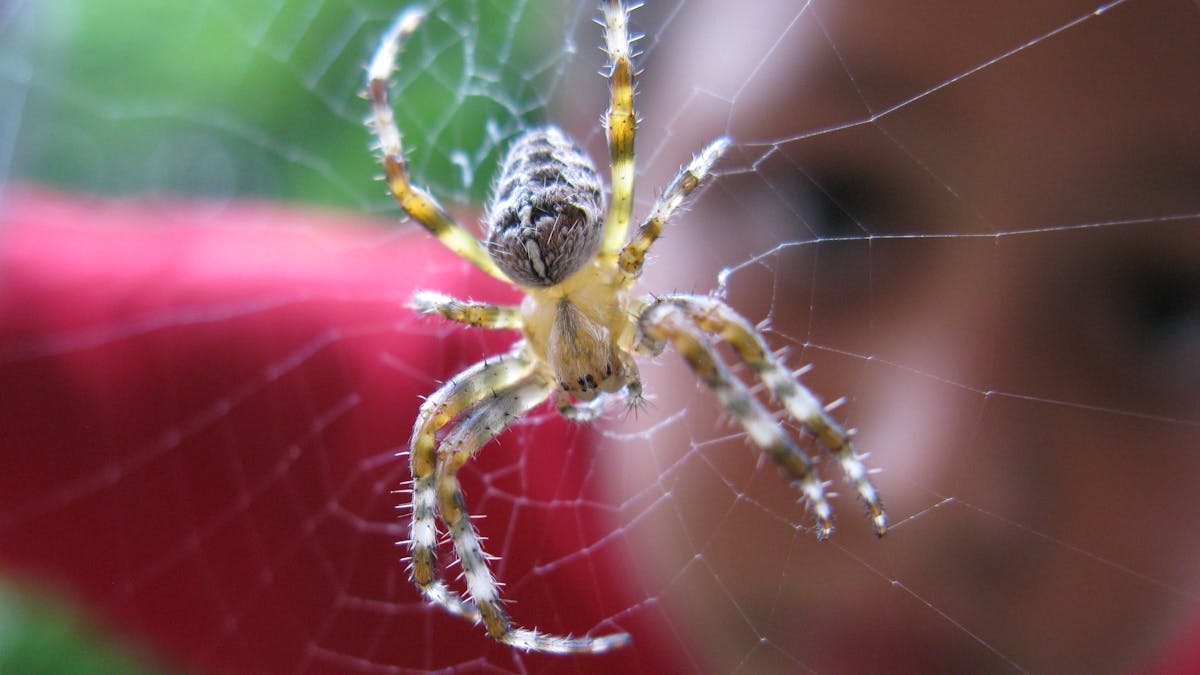
Spiders are one of the largest arthropods species, with poison glands used to secret venom into sacs. These species do not harm the human race unless trapped or provoked.
Some species are dangerous, like funnel-web spiders, which are aggressive and highly toxic. Their venom has peptides that block the calcium and potassium channels and affect acetylcholine receptors.
The mortality rate of spiders depends upon the site of the bite and the person's health condition. Their bite can result in swelling around the area, necrosis, pyrexia, edema, kidney dysfunction, and even death. Some spiders are highly venomous; treatment requires antivenom and respiratory support.
When you see one spider in your house, there are chances that many of them are hiding somewhere. Moreover, all spiders may appear like an inexperienced eye, so pest control Austin helps you identify and get rid of the spiders.
Health risks associated with spiders.
Loxoscelism Syndrome:
Brown recluse spiders are the agent of loxoscelism syndrome. Initially, the spider's bite is painless but later develops inflammation, bleeding, and lesions filled with pus around the bite. After a few days, dermatitis and necrosis develop around the site, resulting in redness.
The venom of this spider contains enzymes hyaluronidase and sphingomyelinase; these enzymes result in necrosis. Local symptoms are edema, inflammation, and thrombosis. At the same time, systemic symptoms include renal failure and intravascular hemolysis. Antivenom injections are used for treatment accompanied by antihistamines, corticosteroids, and hyperbaric oxygen.
Latrodectism syndrome:
Black widow spiders induce this syndrome. Its venom has alpha neurotoxin, which causes exocytosis of synaptic vesicles. The lesion can be seen in the initial stage, and after a few minutes, pain develops in the entire body. Localized symptoms include respiratory failure, delirium, partial paralysis, muscle cramps, pyrexia, and spasm. Fortunately, the mortality ratio is meager, and analgesics or narcotics are used for the treatment. Antivenom is recommended in the case of children.
Funnel-web syndrome:
Funnel-web spiders cause it. Their venom itself is a neurotoxin, and another toxin called robustoxin is present, which has peptides that delay activation of sodium channels and release of massive neurotransmitters. Locally symptoms appear as pain, hives, and piloerection. Systemically, the toxin stimulates the parasympathetic and cardiovascular systems, causing hypertension and tachycardia. Antivenom is the definitive cure for this syndrome.
What to do if you have spiders inside your house?
As mentioned in the preceding paragraphs, spiders can be dangerous for your health, and their bite can potentially be fatal. Trying to get rid of spiders yourself can be difficult, and in some cases fighting a spider alone may require you to contact the spider; this can lead to possible chances of infection. Therefore, it is highly advised to let professionals manage the situation. You may contact pest control services to get rid of spiders from your house.




